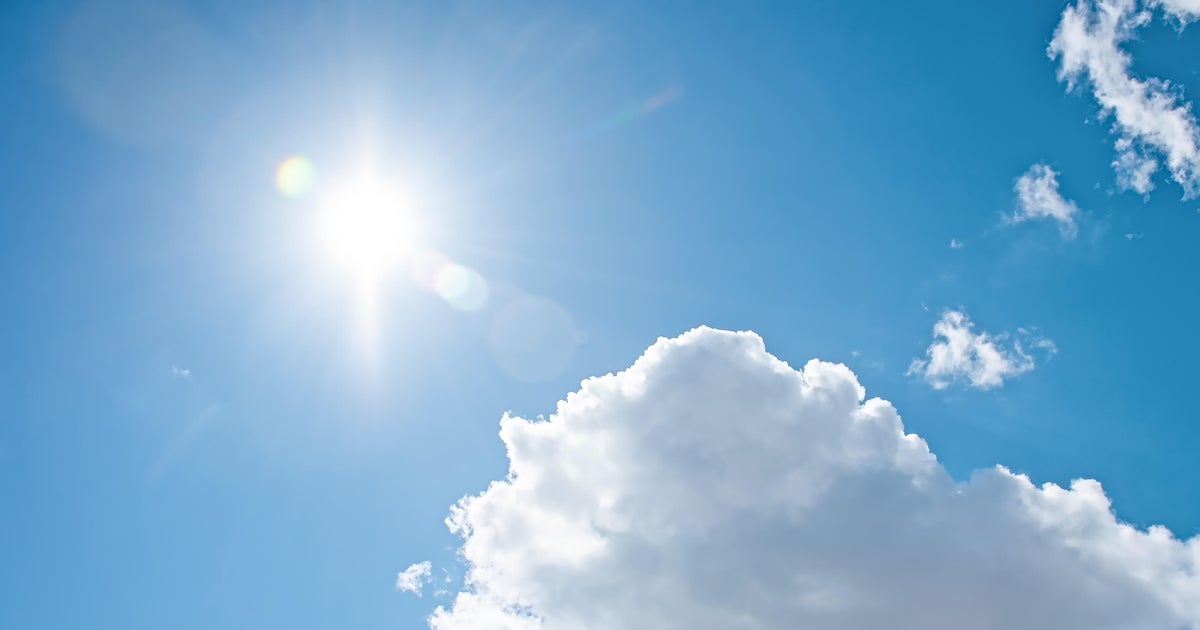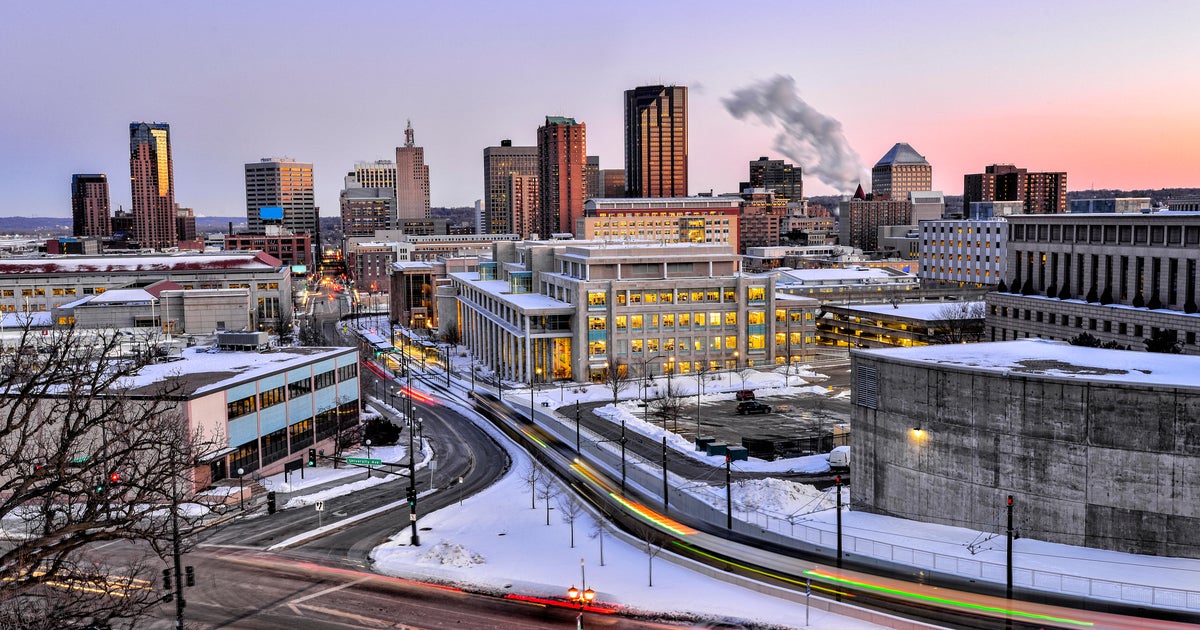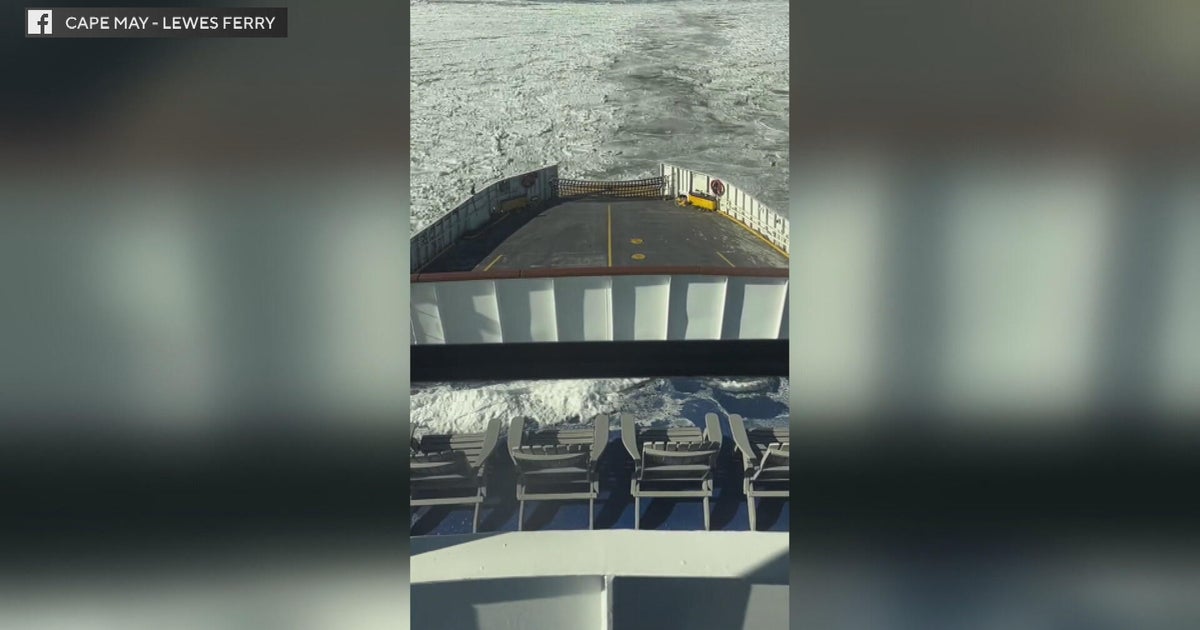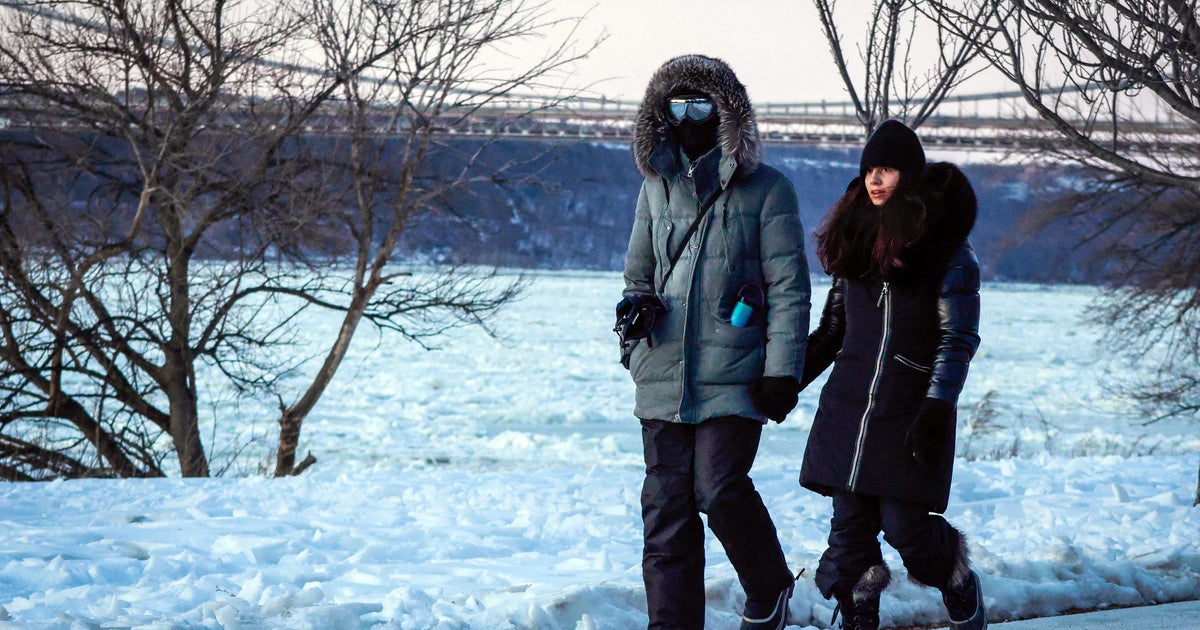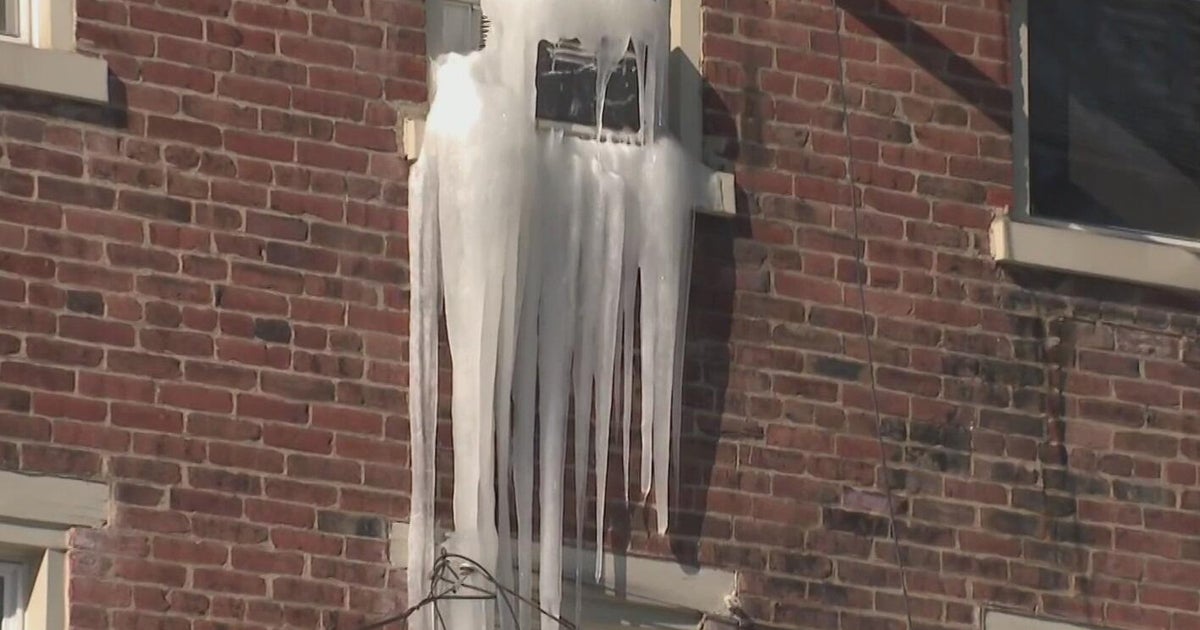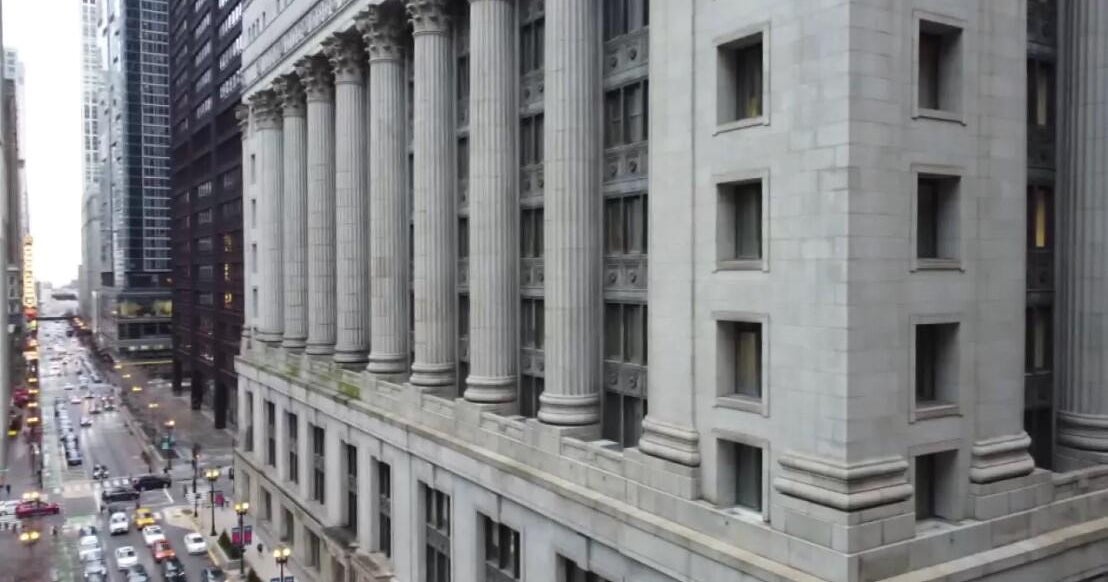'It's Climate Change': Will Steger On Massive Iceberg Break-Off
MINNEAPOLIS (WCCO) -- The debate over climate change hit a high this week when a massive iceberg broke off Antarctica.
While some experts believe this was a naturally-occurring event, others say it provides strong evidence that global warming is real.
Among them is polar explorer and Minnesota native Will Steger.
Twenty-seven years ago, Steger and his team of fellow explorers led a dog-sled expedition on the Larsen C ice shelf.
They spent half a year in the icy region, where the average temperature was 30 below with 30 mph winds.
"In 1989, 1990...the thought of these ice shelves breaking wasn't even in the picture," Steger said.
Steger disagrees with scientists who say this 100-mile long, 30-mile wide iceberg is part of the natural process of calving.
That's when chunks of ice break away from a shelf or glacier.
"It's more than just calving, which is a normal event," Steger said. "It's a change in climate. I know not everybody agrees with this in the United States, but the global consensus on this is obvious."
Steger says the last 10 years have been record warm years globally.
"Almost 80 percent of the ice this year is gone on the Arctic Ocean," he said, adding: "We are seeing changes all around: the violent weather, the extremes. This is climate change. It's hard to deny this because it's happening."
Steger worries about more ice shelves breaking off, triggering a rise in sea levels.
"With the exception of the United States, the rest of the world is very concerned about this. The coral reefs are dying. What other proof do we need on this?" he said. "The idea that this is natural… this is not a natural event."
Scientists anticipate over time, there will be slight rise in sea level with the iceberg off the Larsen C ice shelf in Antarctica.
Steger says one of the solutions to climate change is shifting to more wind and solar energy.
In a written statement on Wednesday, Steger said this:
"With this latest break-off on the Larsen C shelf – an iceberg twice the size of the Larsen B break-off in 2002 – it is evident that the long-term thaw of Antarctic ice has begun. Continued melting and calving events threaten the future stability of the entire ice shelf, an alarming prospect for sea level rise.
As an eyewitness to the changing topography of the Polar regions, I was stunned to see the rapid repercussions of climate change on my expeditions. And in 2002 when the Larsen B shelf, which took my team a month to cross by dogsled, disintegrated in a matter of weeks, I decided to dedicate the rest of my life to education and action around climate change. Loss of major ice shelves will considerably alter the landscape of the Polar Regions as we know it; and, by extension, our world."
Steger spends his time working with an organization he started. It's called Climate Generation: A Will Steger Legacy.
Established in 2006, the organization empowers individuals and their communities to engage in solutions to climate change.
Climate Generation works with educators, youth, decision-makers and the public to foster climate literacy and action, working toward a world of resilient communities with equitable solutions to climate change.
